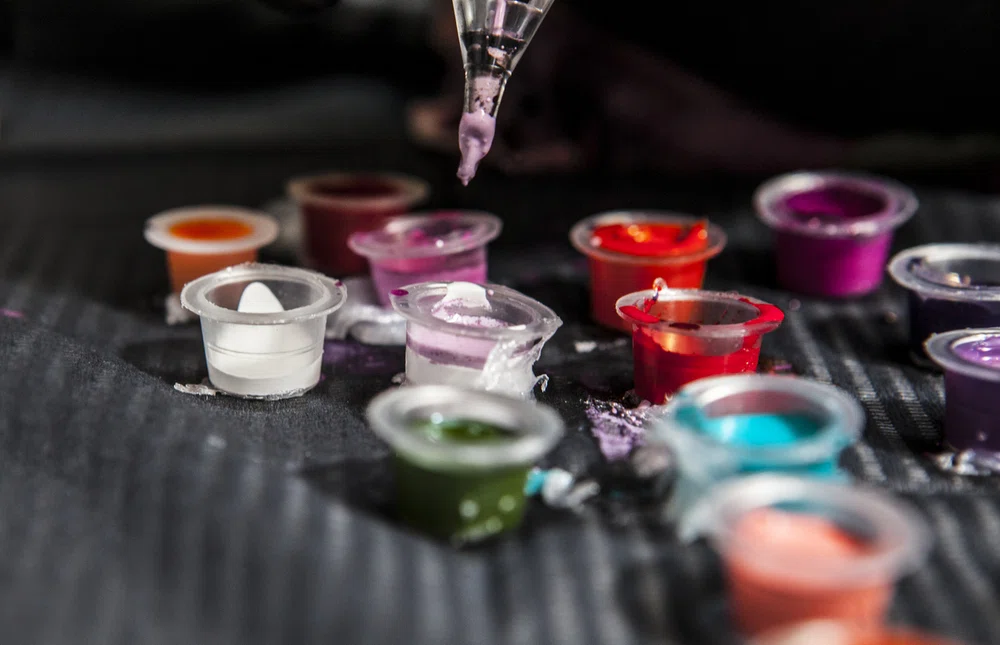Tattoos, do they affect the immune system?
Artificial intelligence arrives in the world of tattoo
28 May 2024
Wearing tattoos can affect the immune system, but what does science say?
There are all kinds of debate about whether or not tattoos affect people's health. Over the years, many studies have been carried out to test these theories, and we have found different opinions.
Risks
We must emphasize that it is very important to take all possible health precautions when getting tattooed: decide well who we want to do it with and make sure that the tools are properly sterilized. We also have to follow the after care indications.
The most serious complications occur as a result of misuse of needles and poor healing can lead to infections, delayed hypersensitivity or even generate toxic-allergic reactions that are difficult to treat due to the application of some inks or colors.
A good example is red inks which can contain in its composition several metals such as titanium, aluminum, silicon, mercury, iron, or cadmium.

There are various studies regarding the effect of inks on the skin and even on the rest of the body. A study published by the journal Scientific Reports carried out by a group of German and French scientists, affirms that pigments and heavy metals can travel through the body to the ganglia lymph nodes producing inflammation or even staining them the same color.
They could damage the immune system, so it is not recommended to get tattoos if you have a blood-coagulation related condition, such as hemophilia, or if you are suffering from following any anticoagulant treatment or chemotherapy.
However, the chemical composition of tattoo inks. We are going to distinguish them in two:
- Black inks. Its active ingredient is carbon, and they are the most common. These have been used for more than 4,000 years and to date no serious problems have been detected.
- Color inks. Formerly, they were made with heavy materials, but for several decades they have been replaced by less harmful synthetic dyes.
Ensuring that inks do not contain toxic components has been one of the points to be taken into account by the European Commission when publishing a report on possible risks.
Even though today there are approved inks on the market to ensure that they do not contain any toxic or harmful substance for the human body, not all of those on the market are certified. Therefore, you might have a problem to choose them.
In addition, some MRIs laser tattoo removal may cause undesired effects.
Apparent benefits of having tattoos

On the contrary, the body learns to defend itself against foreign objects, ink in this case and the body stimulates greater resistance against infections and thus the immune system is strengthened.
It is said that after the stress caused by the needles, the body returns to a balance, increasing the chances of immunization.
This is because after the tattoo is made, the body is on the defensive, trying to assimilate this new foreign material that entered, but after this period, it finds itself with new defences and better prepared.
In addition, getting tattoos would reduce cortisol levels, which is the stress hormone, so having multiple tattoos would prevent some physical and mental damage caused by these hormones.
Conclusion
Although there are risks when getting a tattoo, it is true that whenever there is "damage" to the skin there is also the probability that something will not go well or as expected.
So far, no serious problems resulting from the practice of tattooing itself have been discovered. However, complications arise from external factors, such as poor after care, poor healing or potential allergies not previously detected.
To learn more about the world of tattooing and not miss out on anything, follow us on our social media.
And if you're interested in learning more about tattooing techniques, take a look at the professional tattoo courses we have to offer!